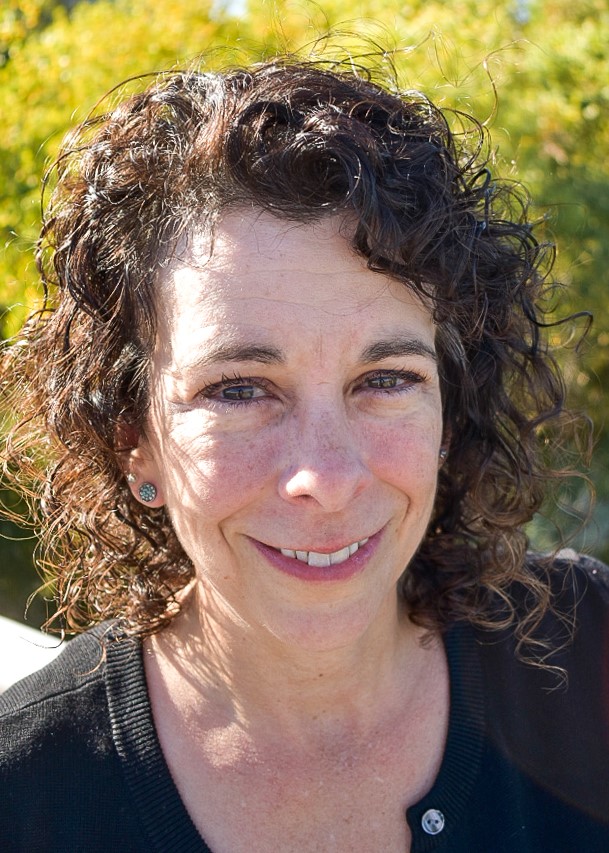
By Jonathan Morales
Child sexual assault victims who blame themselves for what happened may be more likely to leave out important details when later describing what happened, new research suggests.
The study, by Sacramento State Assistant Professor of Child Development Sue Hobbs and co-authored by her former student Maxwell Hong, has implications for the criminal justice system, which so often turns on victim testimony.
Attorneys, advocates and mental health professionals cite many reasons to keep child sexual assault victims from blaming themselves, but the research leads to a new one: to help ensure that their testimony is accurate.
 Sue Hobbs says her study "adds ... information to the knowledge base about what happens when people experience sexual abuse." (Photo courtesy of Sue Hobbs)
Sue Hobbs says her study "adds ... information to the knowledge base about what happens when people experience sexual abuse." (Photo courtesy of Sue Hobbs)“This adds a bit of information to the knowledge base about what happens when people experience sexual abuse, and how they deal with it,” Hobbs said. “Self-blame – because that does happen – can decrease the accuracy of the interview, and that could be a problem, because often the child’s testimony is the main source of evidence.”
The study employed a method called “simulated amnesia,” in which participants are instructed to make errors when recalling an event. The researchers asked 222 adults to read about an incident of child sexual assault while imagining themselves as the victims.
Afterwards, they were prompted to assign blame to themselves either as the victim, the perpetrator, their mother, or no one. Some participants were further prompted to “rehearse” the story by writing it out with their assigned blame attributions, while others were instructed not to do so. Two weeks later, participants were asked to rewrite the story exactly as they had read it.
The researchers found that when participants were told to blame themselves, they committed more errors of omission – leaving out details – when retelling the story two weeks later.
“When people are blaming themselves for something that occurred, even when it’s not their fault, it seems that that decreases their memory for the true event,” Hobbs said.
Hobbs and Hong also found that participants who engaged in what is known as “cognitive reappraisal” – reframing a negative event in a more positive light – led them to add untrue details to the story upon retelling, also known as errors of commission.
Hobbs cautioned that, because it is not possible to conduct research on actual victims of child sexual assault, the research must be read in the context of its adult participants. Still, she said, the findings emphasize the importance of early interventions to ensure the victim does not blame him- or herself, which puts them at risk for incorrect testimony, Hobbs said.
“We know that children who are victims of sexual abuse can blame themselves, and in the courts that’s often a problem, because then the defense attorneys will say, ‘Well, why didn’t you tell anybody?’ or, ‘Why didn’t you run away?’ ” she said. “That can be a problem, especially when children are already blaming themselves.”
Much of Hobbs’ research revolves around helping children who must appear in the legal system as witnesses to crimes, and in 2018 she called for federal legislation to protect such children from being cross-examined by defendants who choose to represent themselves in court.
She is analyzing data in a further simulated amnesia study that replaces the story of child sexual assault with a benign incident to determine if the pattern appears in association with non-traumatic events.
“Simulated memory error and blame attribution in cases of child sexual abuse,” by Maxwell R. Hong and Sue D. Hobbs, was published Oct. 24 in the journal Psychology, Crime & Law and can be read online.